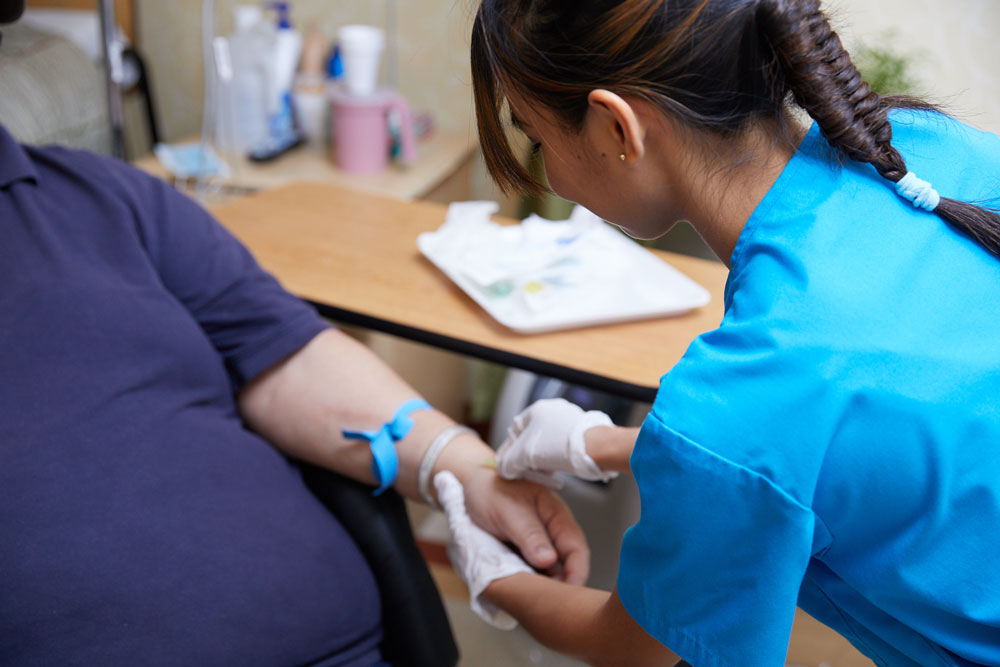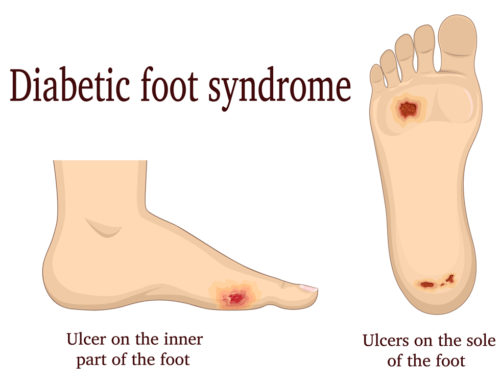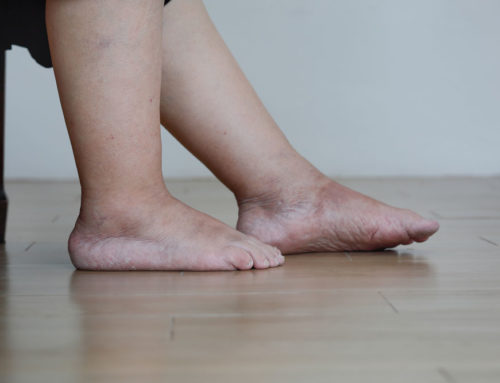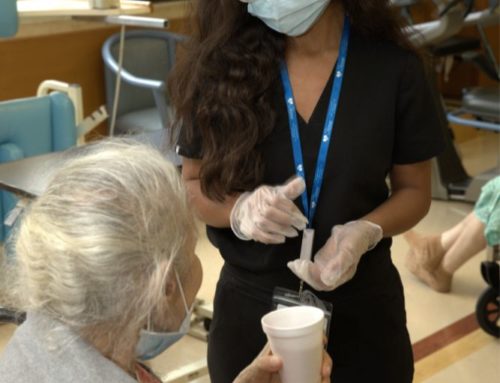How to Prevent Infections in Adults and Seniors
The American Academy of Family Physicians (AAFP) states that infectious diseases account for a third of all deaths in people over the age of 65. A common infection, like influenza, can be deadly for adults and elderly people.
Factors that contribute to the predisposition of the elderly to infections include bodily aging, impaired immune function and the degree of exposure to infections. The practice of using proven infection control protocols and techniques to prevent infections is crucial to successful healthcare delivery.

Most common infections
Some of the most common infections amongst adults and seniors are influenza, bacterial pneumonia, skin infections, like shingles, and urinary tract infections. Most of these common infectious diseases are preventable.
Superbugs are one of the reasons why care providers need to be scrupulous about taking all possible steps to prevent infections. Some infections can be very serious, even leading to death.
How to prevent infections
Many infections can be prevented in the elderly by using proven infection control protocols and techniques.
Vaccines
Immunizations are effective against some of the diseases that commonly affect the elderly, such as influenza, shingles and bacterial pneumonia.
Proper hand washing
Skin infections are prevalent among the elderly because the integrity of the skin declines with age and pathogens find easy entrance. In a long-term care setting where direct hand-to-hand contact is essential, it is easy for infections to spread.
Practicing good infection control methods such as proper hand washing or the use hand-sanitizing gels is essential. All health care workers should be trained to wash their hands in the correct manner before and after treating patients.
Personnel should comply with hand hygiene practices before food preparation and food safety rules must be used in preparing, serving and storing of food.
Sanitize surfaces
All surfaces, particularly in bathrooms and kitchens should be sanitized. Infections, such as influenza are easily spread by coughing and sneezing where droplets come to rest on surfaces other people touch.
Moisture is a breeding ground for bacteria. It should be cleaned up promptly, and this includes moisture on and around faucets, on counters and spills on the floor.
Protective equipment
Gloves and other personal protective equipment should be used to protect patients from the blood and bodily fluids of others.
Sanitize shared medical devices
Shared medical devices, such as thermometers and stethoscopes should be cleaned after using on a patient.
General wellbeing
The risk of infection is also lowered by drinking enough fluids, sleeping properly, eating nutritious meals and being as physically active as possible.
Hand hygiene is the best defense
Not all infections can be prevented but following the above prevention practices can considerably reduce the risks. Where there’s a greater potential for cross-contamination, such as eating in communal dining rooms or living in close quarters, hand hygiene is one of the most important ways to prevent the spread of infection.
Caregivers who are alert and informed stay one step ahead and those at Fairview Rehab & Nursing Home in Queens, NY, are scrupulous about following protocols to prevent infections. If you or your loved ones are suffering from infections and need care, feel free to contact us. We offer the best treatment plans and therapies to treat them.
This article contains informational and educational materials and does not replace health or medical advice. For questions or concerns regarding your medical condition or health objectives, speak to a qualified physician or healthcare provider.






Leave A Comment